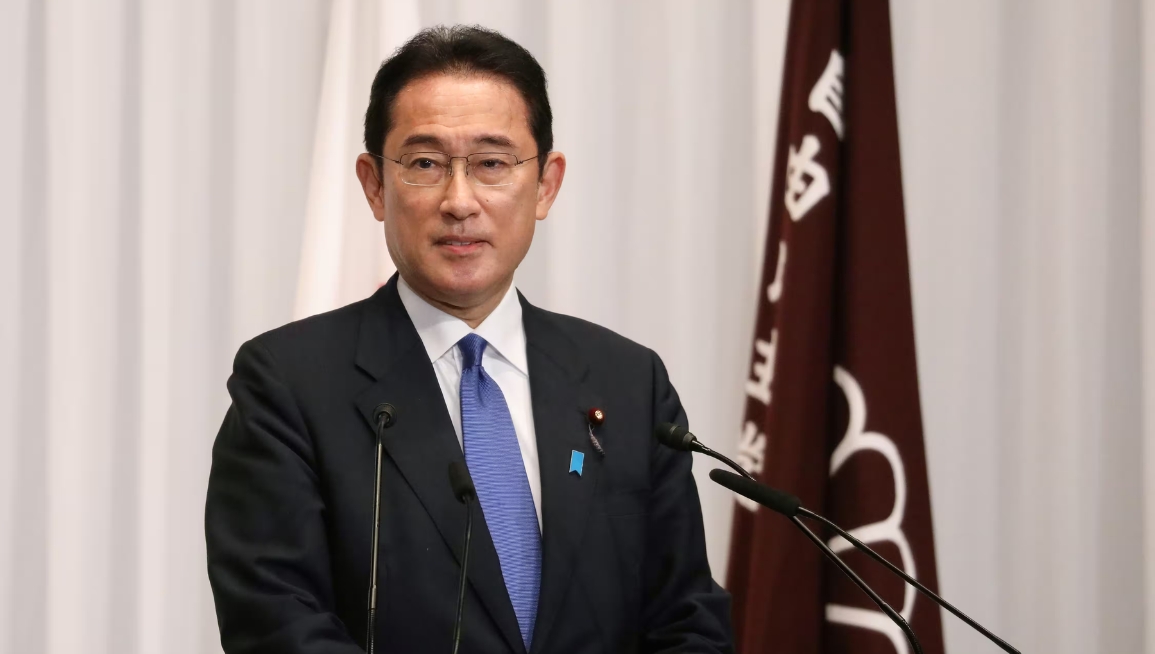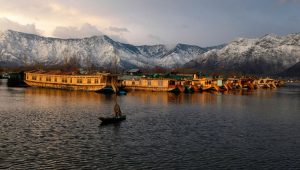In a proactive move to enhance the nation’s disaster preparedness, Japanese Prime Minister Fumio Kishida has announced plans to double the country’s budget reserves dedicated to earthquake relief efforts. This decision underscores Japan’s commitment to strengthening its response capabilities in the face of potential seismic disasters.
Japan, located in one of the most seismically active regions in the world, has a long history of devastating earthquakes. The memory of the 2011 Great East Japan Earthquake and the subsequent tsunami is still fresh in the minds of many. This tragedy highlighted the need for robust and immediate response mechanisms to mitigate the impact of such natural disasters.
Prime Minister Kishida’s announcement comes as part of a broader strategy to bolster Japan’s disaster resilience. By increasing the budget reserves, the government aims to ensure that sufficient funds are readily available for immediate relief efforts, reconstruction, and support for affected communities in the event of a major earthquake.
The increased budget will be allocated to various aspects of earthquake response, including emergency services, infrastructure repair, and support for evacuees. Additionally, a portion of the funds is expected to be used for enhancing early warning systems and public awareness campaigns, which are crucial for reducing casualties and damage.
This move has been widely welcomed by experts and the public alike, as it demonstrates the government’s proactive stance in prioritizing the safety and well-being of its citizens. Investing in disaster preparedness and response not only saves lives but also helps in reducing the long-term economic impact of such catastrophic events.
The decision to double the earthquake relief budget also aligns with Japan’s ongoing efforts to improve its overall disaster management system. The country is known for its advanced earthquake engineering and stringent building codes, which have significantly reduced the damage caused by earthquakes in recent years. However, the unpredictable nature of seismic events means that there is always room for improvement.















